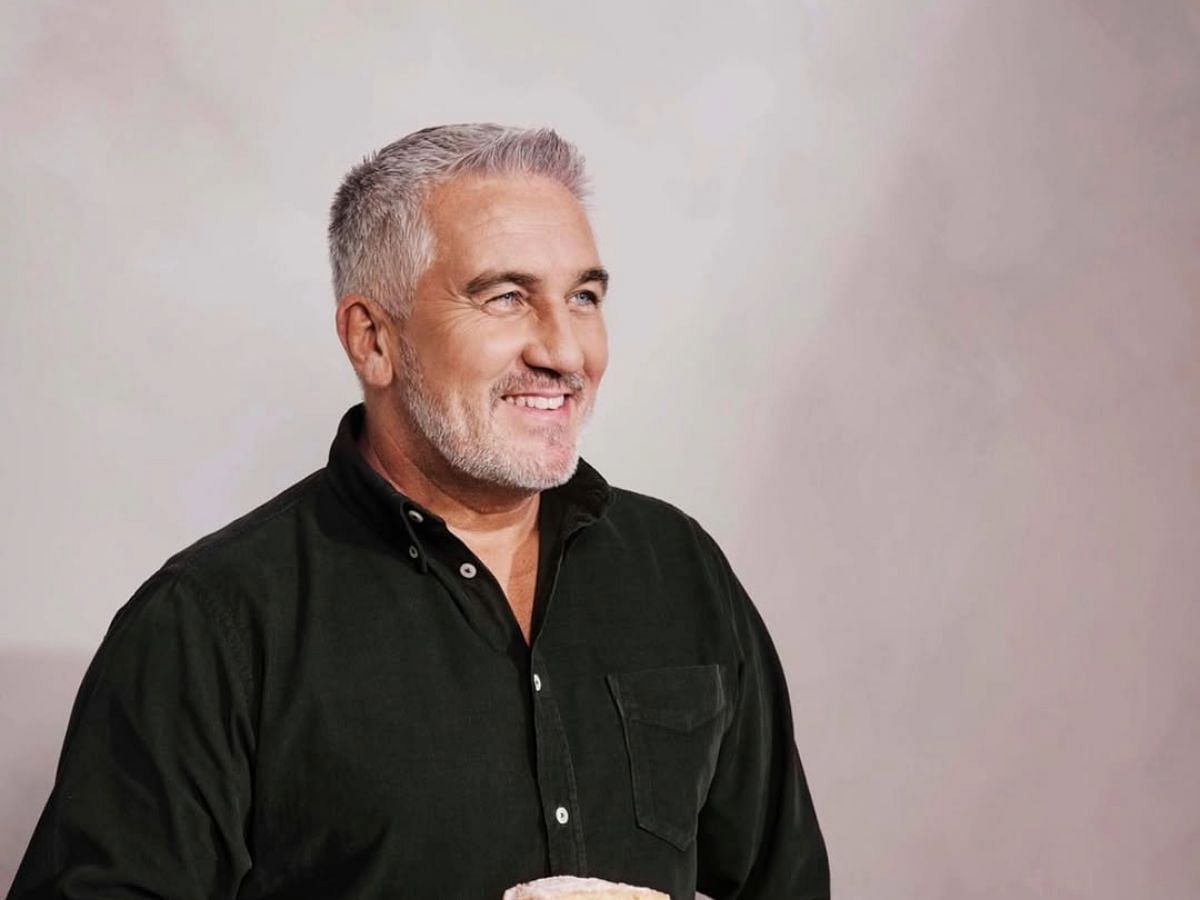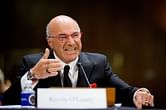I believe The Great American Baking Show expert Paul Hollywood's judging style makes sense

**Disclaimer: This The Great American Baking Show article is based on the writer's opinion. Readers' discretion is advised.**
The Great American Baking Show premiered with its third installment on April 11, 2025. With all six episodes released, it documented the journey of eight amateur bakers as they took on some of the most challenging bakes, hoping to impress judges Paul Hollywood and Prue Leith and walk away with the coveted Cake Stand.
After weeks of mistakes and learning, three contestants, Kim, Daniel, and Adela, reached the finale, where they prepared tarts, Swedish cinnamon buns, and a spring-themed centerpiece. It ultimately saw Kim emerge victorious, while Adela and Daniel's efforts were appreciated.
Like its British counterpart, The Great American Baking Show stands out because it is a learning journey for the contestants rather than a competition per se. Although a winner is announced at the end of the contest, bakers strive to achieve knowledge and experience to learn from their mistakes. This is one of the main reasons I claim that Paul Hollywood's straightforward judging style suits the format.
His succinct and honest reviews may strike many as unnecessary or, at times, even rude. However, in my opinion, Paul's to-the-point judgment and blunt opinions benefit the contestants more than disappointing them, especially when the show prioritizes learning. While compliments boost morale, Paul never hesitates to praise those who deserve it.
However, constructive criticism is equally important, which defines Paul's judging style in its totality. I believe contestants would want to hear areas that need work instead of flattery, especially when they have come on a show to improve their skills and learn. Thus, I believe Paul's judging style complements the purpose behind The Great American Baking Show.
The Great American Baking Show expert Paul Hollywood's criticism comes with suggestions for improvement
Paul Hollywood is renowned for being a harsh critic and a judge, whose comments are too honest. While many see that as a negative trait that could discourage contestants, I believe it is one of the most efficient ways of reviewing a plate of food. He never sugarcoats his opinions or restrains himself from pointing out something he dislikes while tasting.
I think the blunt yet constructive judgment is important because it helps amateur bakers understand their mistakes and realize the areas they need to work on to advance in the contest. As a result, Paul's judging style not only encourages personal growth but also helps bakers see what they need to do to survive in the competition.
In one of the episodes of The Great American Baking Show, finalist Daniel said that he thrived on feedback. In situations like these, Paul becomes an essential figure because he, along with constructive criticism, provides the contestants with suggestions for improvement.
While most judges tend to soften the blow of a negative comment, Paul remains direct. In episode 1 of The Great American Baking Show, while reviewing Chris' tuiles, he said that they looked "unattractive."
"The flavor is quite artificial. It tastes like a kids' sweet," he added.
The comment not only helped Chris realize his mistakes but also pushed him to challenge and outdo himself in the next round.
In episode 3 of The Great American Baking Show, Paul, while judging the bakers' bread, told Amla, who had prepared a sweet bread with seeds and nuts, that a loaf with seeds and nuts is classified as savory, not sweet. It illustrates how his judging style includes offering tips and tricks to the bakers.
Similarly, while tasting Daniel's sweet bread, Paul told him that he should have added the pistachios inside the bread rather than on top, which makes it "pointless." Comments like these, in my opinion, help contestants realize what they need to do to improve their skills.
While judging Adela's savory bread, Prue tried to soften the criticism by mentioning that the taste was "a little disappointing," however, Paul said:
"Don't get the cheese, don't get the bacon. You get the heat. And then it sort of loses everything else."
Since The Great American Baking Show is a platform to learn, I believe it is important that the contestants get a clear picture of what went wrong.
Later in the same episode, while tasting Kim's bread, Paul said:
"They're not cooked. They're over-baked. Their proving was pretty poor. The shaping was bad. The dough is integrally structurally wrong."
While it may come across as harsh to some, in my opinion, it highlights the exact areas that need work. I believe it is efficient and right to be direct about a baker's mistakes rather than stressing their strengths and ignoring the flaws to avoid sounding rude.
Thus, in my opinion, Paul's judging technique is often misinterpreted. I firmly believe that judges should be more vocal about a contestant's flaws, like Paul, if they wish the contestant to leave the show with an improved version of the skills they had walked in with.
The Great American Baking Show is streaming now on Roku.




